Every year 5 December is commemorated as World Volunteer Day. In commemoration of World Volunteer Day, YAKKUM Emergency Unit (YEU), in collaboration with the Regional Disaster Management Agency of the Special Region of Yogyakarta Province (BPBD DIY) held a Volunteer Gym. This activity is aimed at all volunteers in Yogyakarta, especially those involved in disaster risk reduction. This activity was held on 12 December 2023, at JNM Bloc, Yogyakarta City.
In his speech, Drs. Noviar Rahmad, M.Si. as the Head of BPBD Yogyakarta stated that disaster volunteers must have sufficient capacity, therefore capacity building and training are necessary. This helps to prepare the disaster-resilient community in Yogyakarta (DIY).
This was also conveyed by dr. Sari Mutia Timur regarding the inclusive disaster risk reduction efforts that have been carried out by YEU with the community. This event is expected to be a place for volunteers to share stories and experiences when facing emergency response situations. Furthermore, in accordance with one of YEU's mandates in disaster risk reduction, this activity is intended to educate volunteers on climate change and its impact on hydrometeorological disaster risk.
Volunteer Class
Being a responsive, agile, and resilient volunteer requires sufficient capacity. However, the reality is that in our society there are still many volunteer groups or communities that have not been properly capacitated. Volunteering activities are not enough only with intention and willingness, but also require sufficient knowledge, in accordance with the field of volunteerism.
Volunteer classes provided an opportunity for volunteers to develop their abilities and capacities to be more responsive, agile, and resilient when disasters occur. There were several classes held in this activity, such as wild animals handling, vertical rescue, water evacuation, fallen trees handling, fires handling, evacuation for groups with special needs, emergency patient management, and public kitchen management. The training involved agencies, communities, and practitioners who are experienced in their fields, such as National Search and Rescue Agency (BASARNAS), Rapid Response Team (TRC BPBD Bantul), TAGANA Yogyakarta City Social Service, Indonesian Red Cross (PMI Yogyakarta), Indonesian Snake Foundation (Sioux), Difagana DIY, Yogyakarta Firefighter (DAMKAR Yogyakarta).
The training is based on conditions in the field, in which a hazard happens, and the communities respond to it. They must be able to handle hazards so that it does not become a greater risk and create a disaster.
Sharing Stories of Meeting the Needs of At-Risk Groups in Disaster Situations
Before entering the second session of the training, volunteers were invited to participate in a talk show with disaster volunteers, women's groups, disability groups, and religious leaders. This talk show shared the experiences of volunteers and groups with disabilities in meeting the needs of at-risk groups during disaster situations. This talk show invited Aslimah, as a member of the Pakembinangun Disaster Risk Reduction Forum (FPRB) and the representative of disability groups, Tri Yanita from the Wanita Tangguh Working Group, Kristiyono Riyadi, a religious leader and church volunteer, and Taufiq AR from FPRB DIY Province. Each of them explained about the volunteer actions that can be taken in the event of a crisis as well as the importance of inclusive assistance for at-risk groups. This talk show was hosted by Agustina Wardani, Mental Health Cadre.
On this occasion, Aslimah shared her experience in 2010 when there was an eruption of Mount Merapi in Yogyakarta. She said that transportation was a crucial need during the evacuation, especially when the evacuation site moved around, considering that at that time the safe distance from the Merapi peak was expanded. She also said that there are special needs related to nutrition for people with disabilities. Those who used crutches, or wheelchairs, expend more energy to do their activities. Likewise, accessible toilets are needed in the evacuation centers. According to Aslimah, these needs were not met during the disaster in 2010 because the bathroom access is too far and difficult to use for wheelchair users. In addition, nutrition for people with disabilities must be fulfilled because they need more energy to move their assistive devices, such as wheelchairs or crutches.
Similarly, Yanita conveyed the needs of women while in the evacuation center. She added that the women’s needs, particularly for breastfeeding mothers, still cannot be fulfilled, including the need for a special room for breastfeeding, a special room for changing clothes, and a separate toilet between women and men. Furthermore, pregnant and lactating women’s nutritional needs must be fulfilled during the emergency response period in evacuation centers.
On the same occasion, the good practices of volunteerism that had been carried out by the Javanese Christian Church (GKJ) Kemadang during disaster response in Gunungkidul were also conveyed. The GKJ Kemadang Volunteer Team ensured that the needs of mothers and children were adequately served. In general, the food assistance provided was instant noodles, because it is easy and fast to cook, but they provided assistance with raw food ingredients such as vegetables, eggs, rice, and so on, so that mothers can adjust their children's nutritional needs and process food as needed.
Committed to Becoming an Inclusive Disaster Management Volunteer
The talk show session was closed by reading out the commitment as a disaster volunteer who prioritizes the principles of volunteer work such as humanity, neutrality, impartiality, and independence with volunteers and all participants.
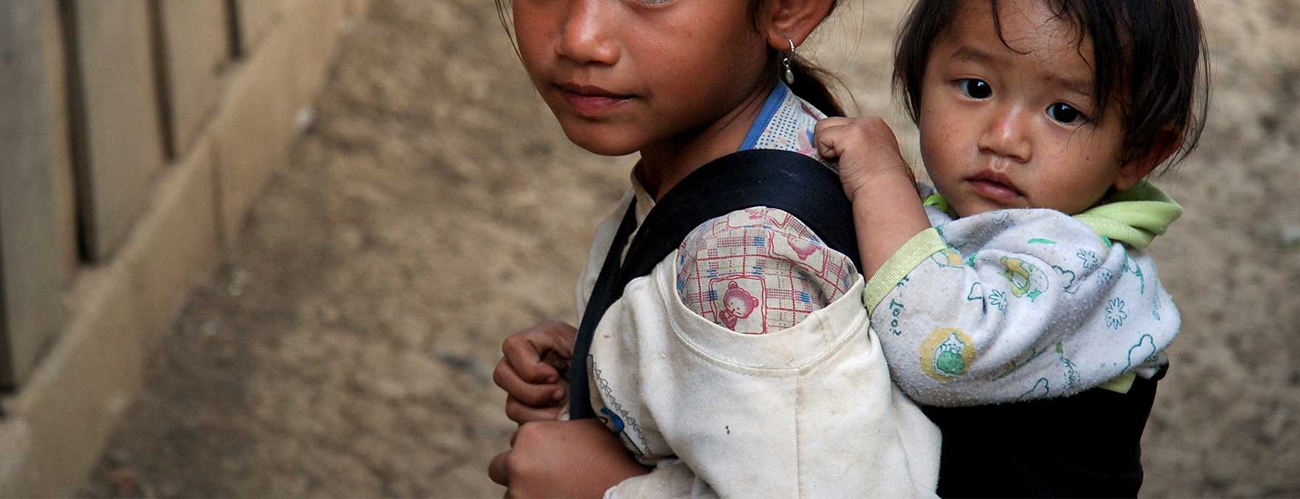

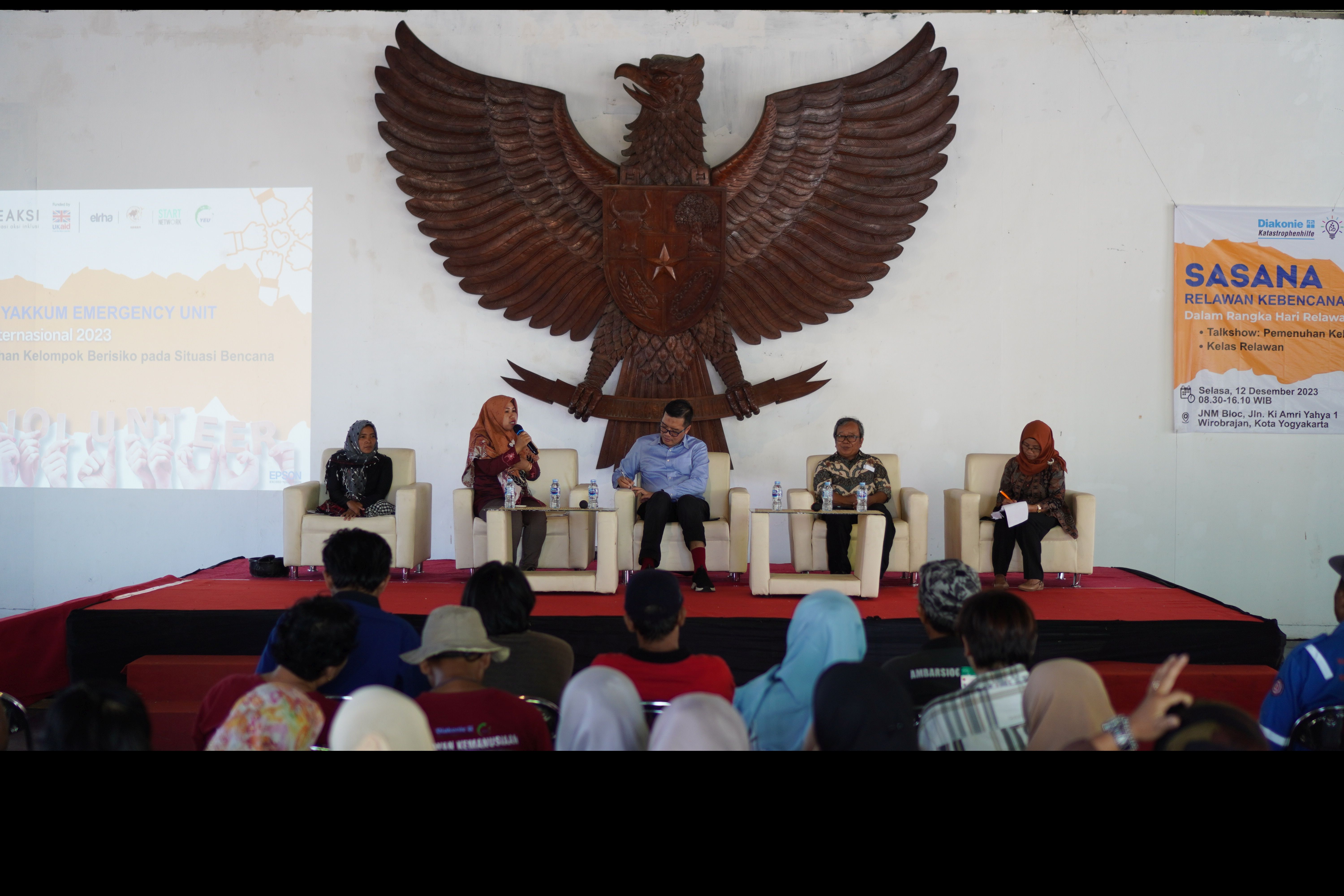
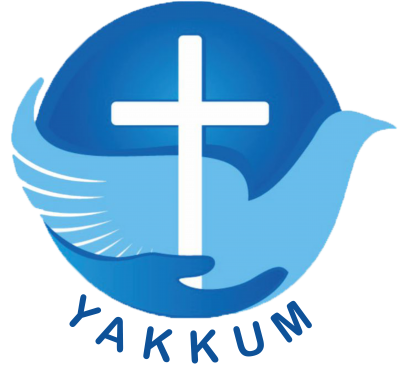
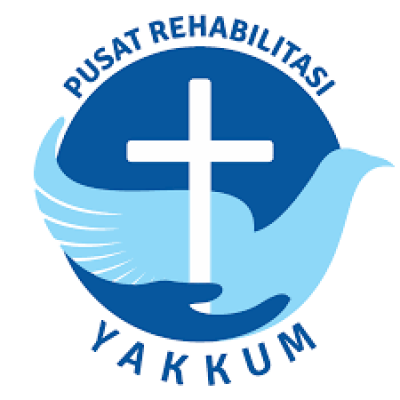


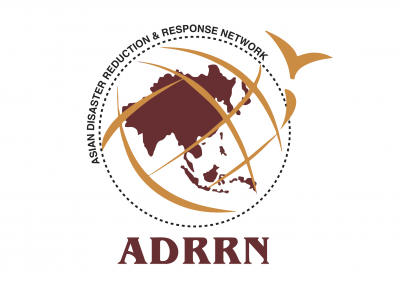
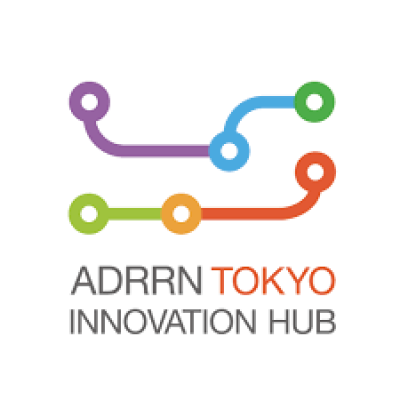




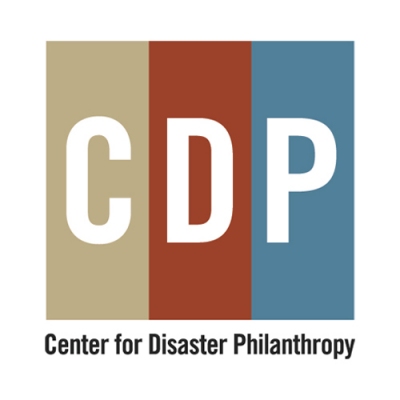
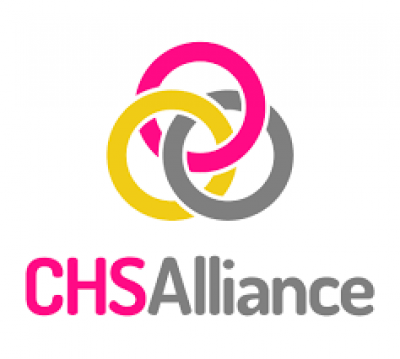

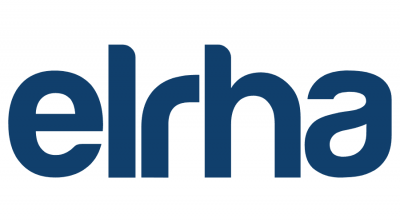
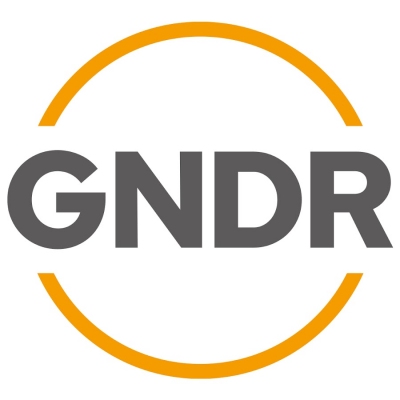
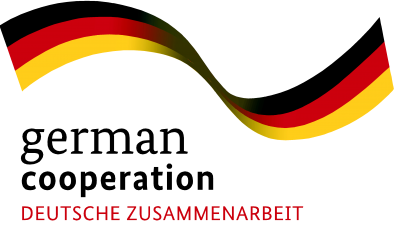
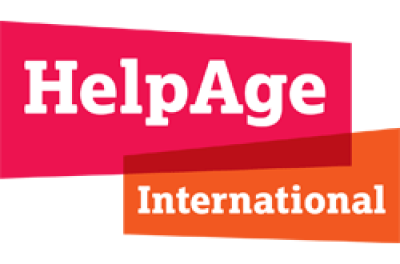






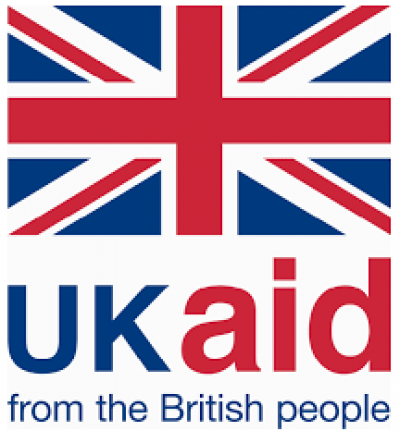

Social Media
@yakkumemergency
yakkumemergency